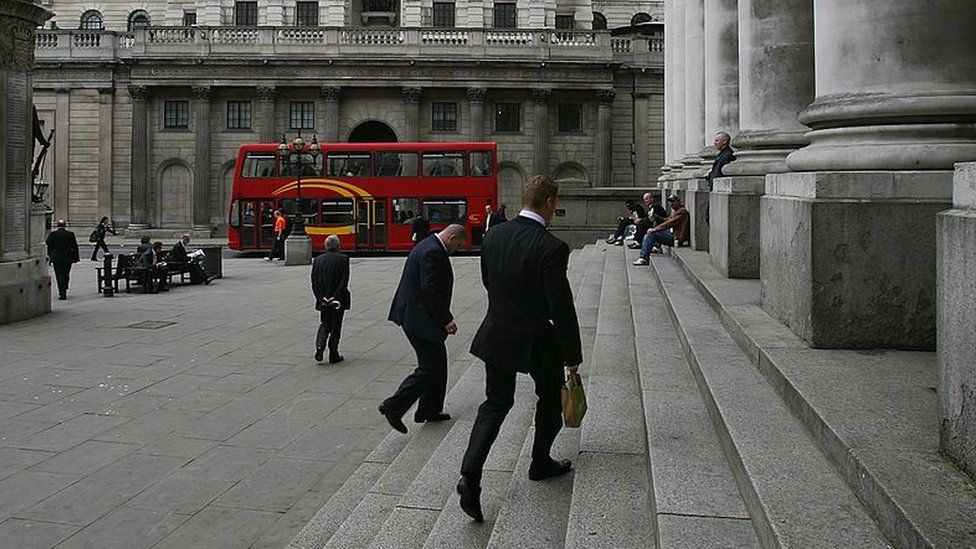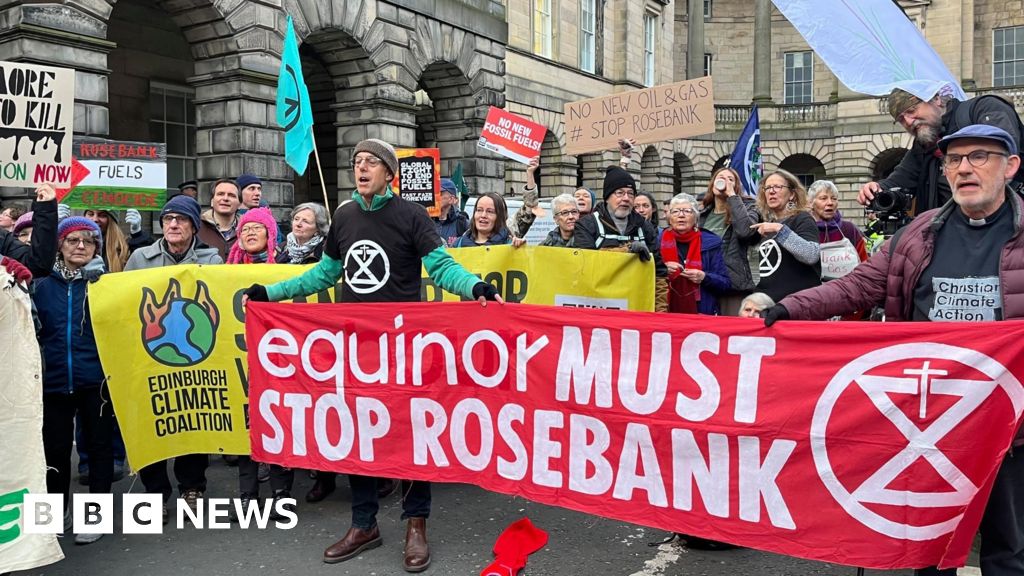ARTICLE AD BOX
 Image source, Getty Images
Image source, Getty Images
The government did not tell the Bank of England about its tax cut plans before the mini-budget, one of its deputy governors has said.
In the event, the mini-budget sparked market turmoil, with the Bank having to step in to stabilise pension funds.
The Bank could have advised the government on the possible market reaction, Sir Jon Cunliffe said.
The government was criticised for bypassing some independent scrutiny of its plans before making them public.
The mini-budget, which was put forward by former Chancellor Kwasi Kwarteng and Prime Minister Liz Truss, included huge tax cuts but it was unclear how they would be funded.
This led to a sharp drop in the pound against the dollar, and spooked investors about government debt, leading to the risk of some pension funds collapsing.
The Bank of England was forced to step in to buy government debt to stop a fire-sale by some pension funds of assets which could have led to their collapse.
Following the market turmoil, criticism by institutions including the IMF, and a huge drop in the polls for the Conservatives, Mr Kwarteng was sacked by his close political ally Liz Truss.
Image source, Getty Images
Image caption,Sir Jon Cunliffe said the Bank could have advised the government.
At a meeting with MPs on Tuesday, Sir Jon said the Bank of England had not been consulted on the government plans before they were announced.
"We did not have a full briefing of the package the night before," he said. "Had they asked us what the market reaction would be, we would have interacted with them.
"But it is not our responsibility to give the government advice on fiscal policy. This would have been for the Treasury to advise on the market reaction."
However, he said ultimately the decision on how to proceed lay with ministers.

 2 years ago
20
2 years ago
20








 English (US)
English (US)